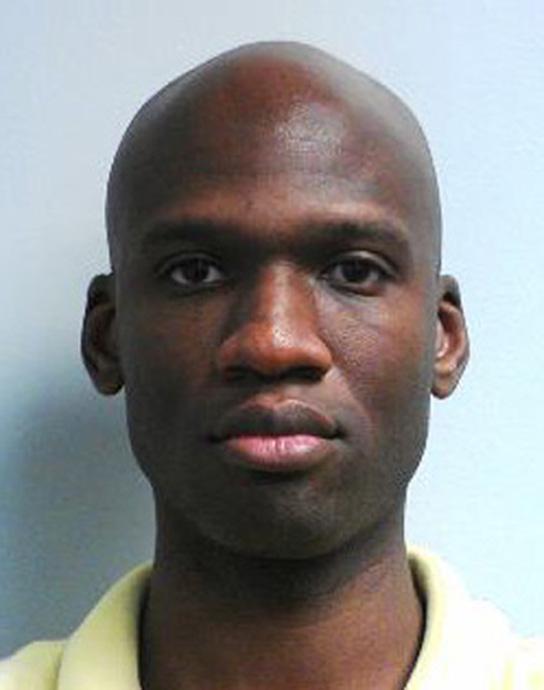In the wake of the mass shooting Monday at Washington, D.C.’s Navy Yard, Ryan Broderick at BuzzFeed posted an article titled “9 Potential Mass Shootings That Were Stopped By Someone With A Personally Owned Firearm.” The piece has been wildly popular on social media, which isn’t surprising: It’s a simple, provocative piece that ostensibly validates the gun lobby’s contention that there’s an inverse relationship between private gun ownership and mass shootings. But like many simple and provocative things, the BuzzFeed story is more than a little misleading.
First of all, five of the nine “potential mass shootings” that the article mentions were thwarted not by brave private citizens but by off-duty or former police officers, two of whom were working as security personnel at the venues where the incidents took place. A sixth was stopped by an Army Reserve officer. A seventh was allegedly stopped by a certified security guard who used to work at the mall where the incident took place. (I say “allegedly” because there’s no evidence to corroborate the guard’s claim that he compelled the shooter to retreat.) These people may have been using their personally owned firearms, yes, but they also knew how to use them in dangerous situations. It’s absurd to pretend that these well-trained authority figures can be compared to untrained civilians with concealed-carry permits and guns they bought at Walmart. The former have been taught how to respond to crisis situations. The latter, generally, have not.
So that leaves two incidents out of the nine originally cited in the BuzzFeed story. In one of those two, a 2009 Virginia convenience store shooting was allegedly stopped when a heat-packing patron shot the gunman. BuzzFeed admits that the details surrounding this incident “are murky,” which is a nice way of saying that the story cannot be verified. BuzzFeed only cites secondary sources, none of which offer the patron’s name or other fact-checkable details about the Golden Market shooting. That might not be a problem for BuzzFeed, but it is for me. I don’t think we can count this.
And so, from the nine stories we started with, we’re left with one verifiable instance in which a private citizen with no military or law enforcement background and a personally owned firearm may have actually intervened in a mass shooting. In 1998 a Pennsylvania man named James Strand turned his shotgun on a teenager named Andrew Wurst, who had just shot several people at a middle school dance. Strand helped force Wurst to disarm, and then held him until police arrived. And yet Wurst had already fled the dance hall by the time Strand caught up with him. The damage was done. While Strand’s actions were heroic, it’s not clear that he stopped a mass shooting so much as he helped apprehend the suspect after the shooting was concluded. The same is true for at least two other incidents that BuzzFeed cites: the 1997 Pearl High School shooting, in which Army Reserve commander Joel Myrick apprehended the teen shooter after he had already left the high school, and the 2002 Appalachian School of Law shooting, in which—according to Mother Jones—two current and former law enforcement officers only intervened to stop the shooter after he had already run out of ammunition. Again: These were heroic actions. But you can’t really say for sure that they “stopped” anything.
The fact is that untrained private citizens do not generally intervene in potential mass shootings. There are very few verifiable stories of gun-toting civilians inserting themselves in these sorts of situations. (And, just in case you were wondering, there is little evidence to support the contention that mass shooters deliberately target gun-free environments.) This is probably a good thing. Federal agencies encourage civilians who find themselves in “active shooter” situations to hide, or run away, or do almost anything beside fight back, because when they do intervene, they can end up dead. In 2005 a Tacoma man named Brendan McKown drew his own gun on a man who was shooting up a shopping mall; McKown was shot and went into a coma. Also in 2005 a man named Mark Wilson was shot and killed when he tried to intervene in a courthouse shooting in Tyler, Texas.
As Slate’s Forrest Wickman wrote last year, academic researchers disagree about whether an increased number of private gun owners might help deter mass shootings. One 1999 study found that permissive concealed-carry laws “reduce both the number of [multiple victim] shootings as well as their severity”; but a 2009 literature review found that there wasn’t enough evidence to prove that those sorts of concealed-carry laws actually worked “as a public health intervention to reduce violent crime.” I don’t feel qualified to argue the point one way or another. I do, however, feel qualified to say that the BuzzFeed article proves nothing other than the ease with which distortions and oversimplifications can spread via online media when guns are the topic at hand.
